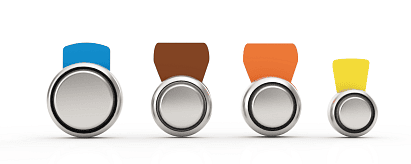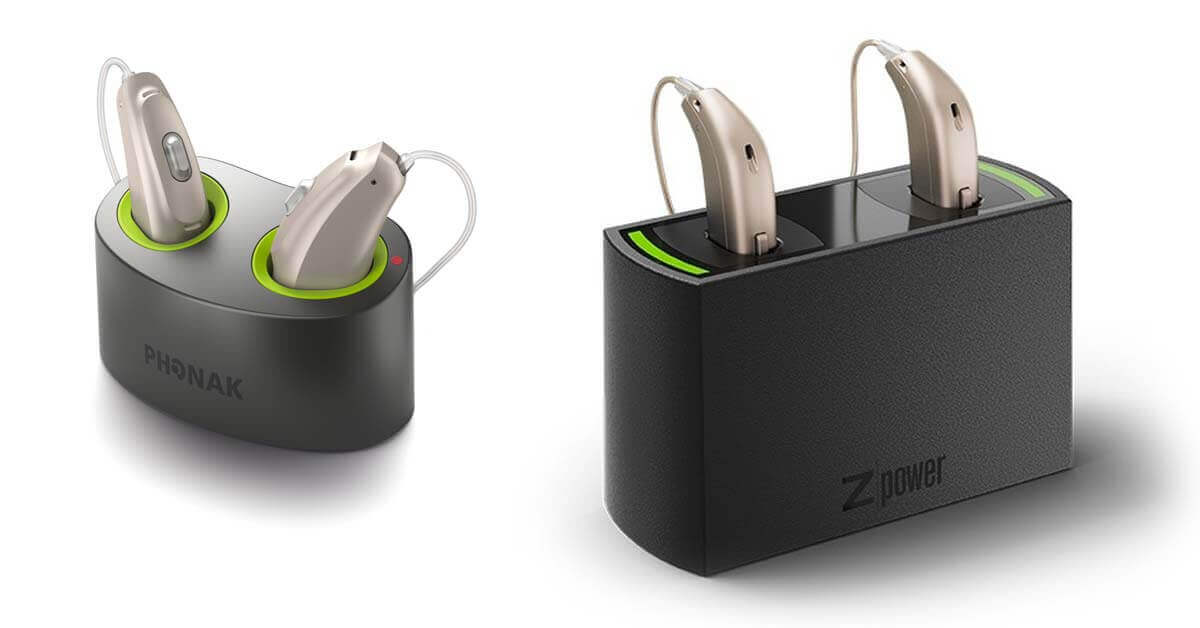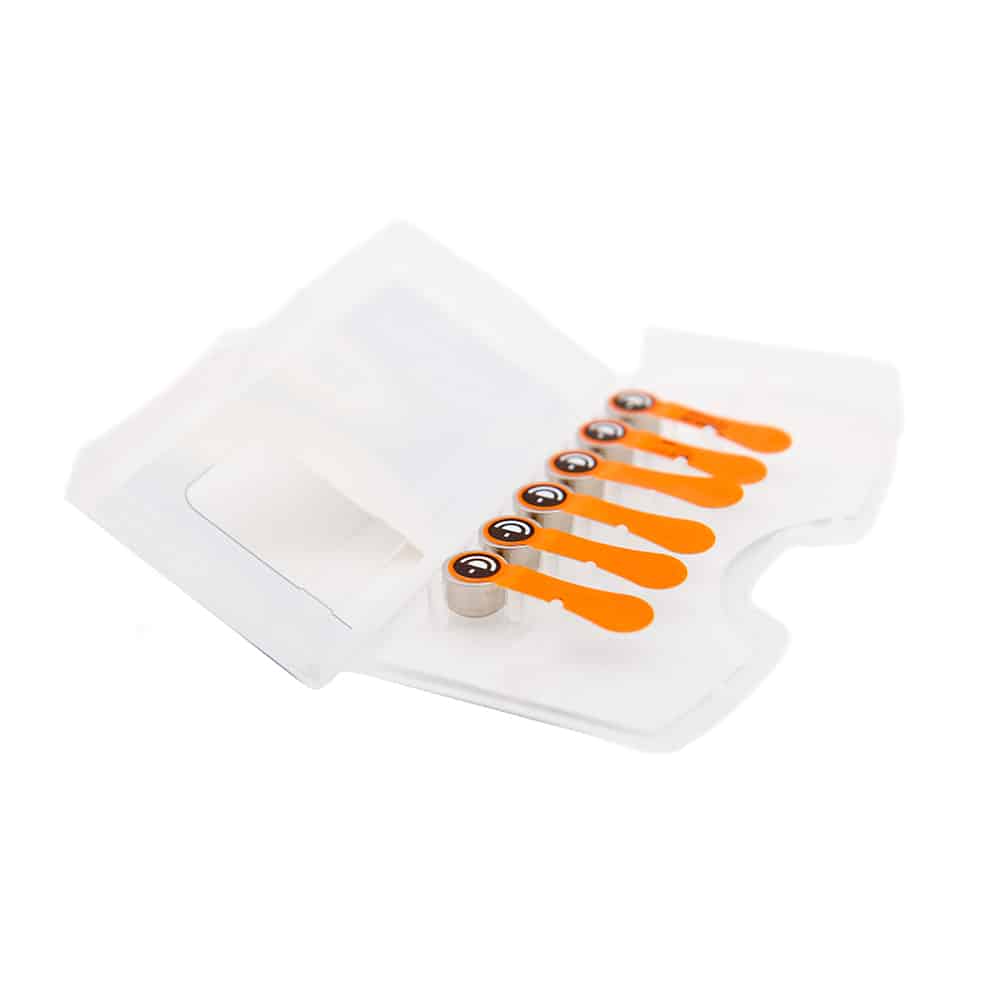Hearing Aid Batteries
One of the most important parts of hearing aids is the power supply! Many of us have experienced the inconvenience of the hearing aid batteries running out at an inopportune moment. Here, we cover some battery basics. To learn more about our hearing aid batteries visit us in Madison, TN.
Hearing Aid Battery Types
The most common type of hearing aid batteries are the zinc-air battery, which are those tiny disks you also use for watches and other tiny electronic devices. This type of battery cannot be recharged and must be discarded after use.
There are five different sizes of hearing aid batteries. The one that's right for you depends on the shape and size of your hearing aids. Fortunately, the hearing aid industry has color-coded and numbered the battery packaging to make replacing them simpler. The adhesive sticker on the back of the battery is also color-coded.

These conventional zinc-air batteries are widely available in drugstores and electronics stores. They also don't need to be charged at night and are less expensive than rechargeable hearing aids in the short term.
Battery Sizes:
Rechargeable Hearing Aids

Hearing aid technology is progressing. Instead of using disposable batteries that need to be replaced every day, rechargeable hearing aids are becoming more common.
This is a hearing aid with a built-in battery. All you have to do is charge your hearing aids overnight in a charger, and you'll have a full day's worth of power in the morning. You can also charge your devices in under 30 minutes with some quick charging options.

